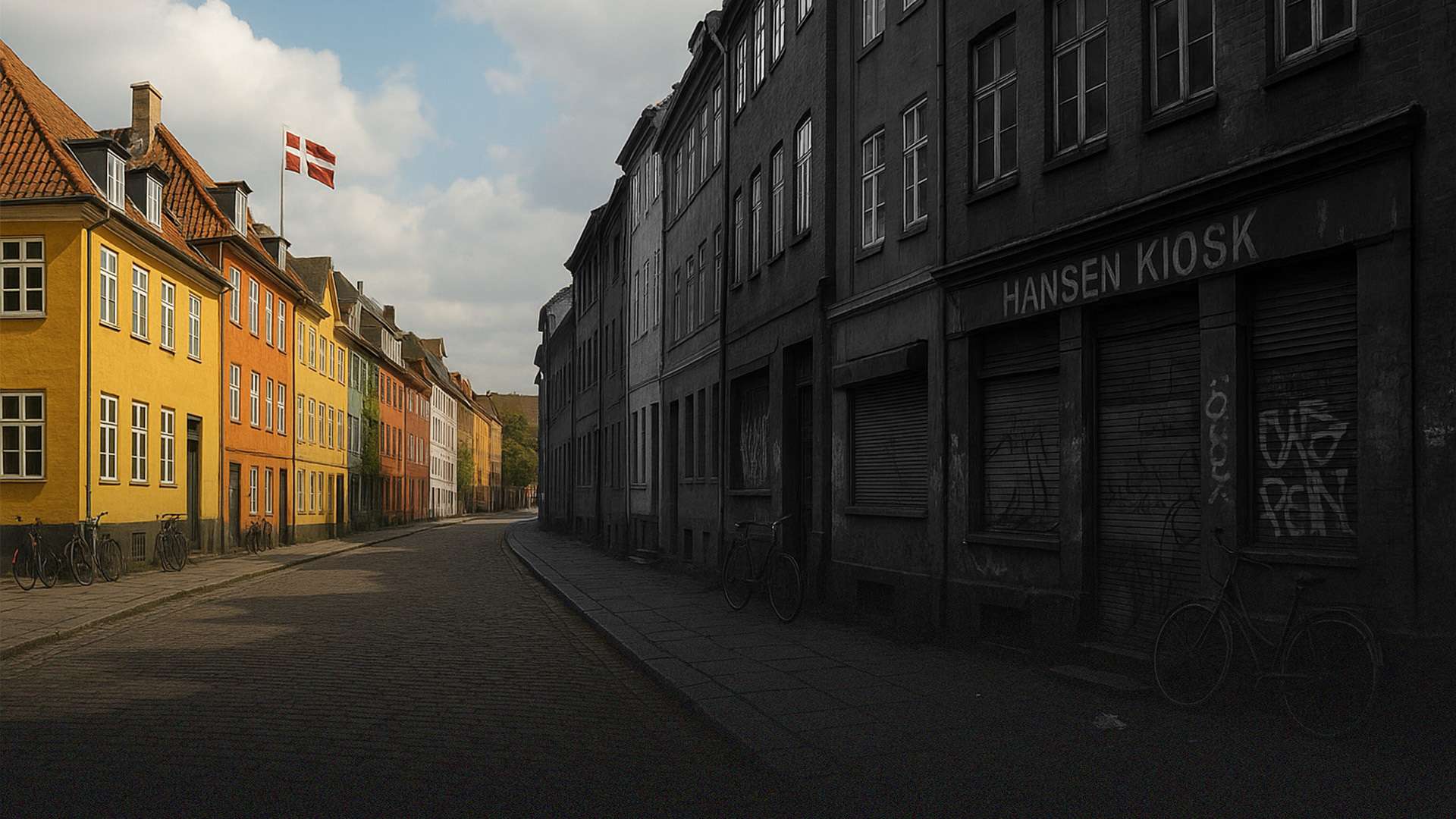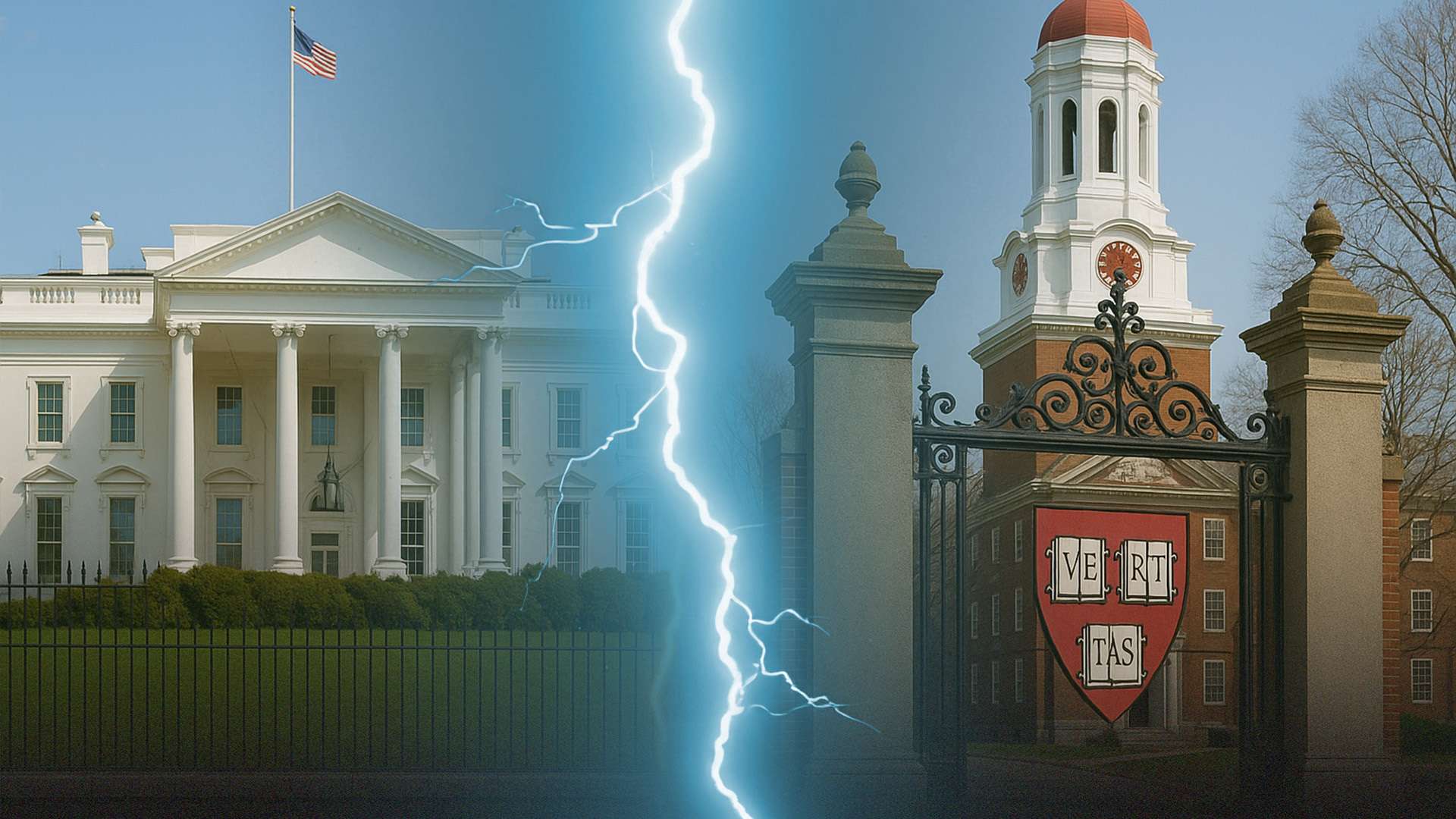
For the past three months, I’ve been living in Denmark, and I genuinely loved it. The streets are clean, the bike lanes immaculate, and the sense of public trust is unlike anything I’ve experienced in the US. It’s no wonder people romanticize this place—“free” healthcare, university stipends, and a government that many believe works well.
But the longer I stayed, the more I started noticing cracks. They weren’t always visible at first—more like patterns in conversation, stories from international friends, or the quiet discomfort that settled in certain moments. Coming from the United States, where diversity and individualism are more overtly woven into everyday life, I couldn’t help but notice how the very system that offers so much comfort in Denmark comes with a cost.
The Ghetto Laws: Welfare-Driven Discrimination in PracticeIn 2018, Denmark introduced the “Ghettoplanen” (Ghetto Laws), later rebranded as the Parallel Society Laws. These policies target neighborhoods where more than half the residents are of “non-Western” background—a term that includes people from countries outside the EU and North America, even if they were born in Denmark or are second- or third-generation citizens. Children whose grandparents immigrated from places like Turkey, Lebanon, or Somalia are still counted as “non-Western” under the law.
If a neighborhood meets enough criteria—low income, high unemployment, and a “non-Western” majority—it faces state intervention. This can include:
Mandatory preschool from age one for all children of “non-Western” descent to instill Danish values, Harsher criminal penalties for offenses committed within these zones, Demolition of public housing and forced relocation of residents to “de-concentrate” immigrant populations, and Restrictions on who can move in, effectively capping the number of “non-Western” residents.The government claims these measures promote integration, but they operate more like demographic engineering. The message is clear: too much cultural difference in one place is unacceptable.
To someone from the US, this feels disturbingly familiar. The targeted housing policies, the coded language about “undesirable neighborhoods,” the use of state power to reshape communities—it all echoes redlining. The difference is that in Denmark, it isn’t a buried legacy. It’s law, in force today, designed to preserve cultural homogeneity. And while the justification is social cohesion, the result is a system that penalizes people for their ancestry.
When Difference Becomes a LiabilityWelfare states like Denmark’s aren’t built on taxes alone—they rest on a shared cultural foundation. The social contract assumes a common understanding of how to live: shared values, similar behaviors, and a broadly uniform way of life. While that foundation can foster trust and cohesion, it also creates pressure to conform.
Visible difference—whether in language, religion, dress, or worldview—can unsettle that cohesion. And instead of adapting to diversity, Denmark often manages it through policies and social norms that nudge immigrants and their children toward assimilation. In practice, it’s not just an invitation to integrate—it’s a demand. The result is a system where those who don’t—or can’t—fully assimilate face quiet exclusion. A nail artist from Nepal told me she’s struggled to make Danish friends despite living here for years. Friends of mine who are South Asian or Middle Eastern are routinely denied entry to clubs under vague excuses like “it’s full,” while white Danes enter with ease.
These aren’t isolated experiences. According to the EU Agency for Fundamental Rights, migrants in Denmark report higher levels of discrimination than the EU average. And despite topping global rankings in welfare provision and institutional trust, Denmark scores near the bottom when it comes to multicultural integration.
Much of this exclusion is hard to see. It’s not enforced through loud rhetoric or explicit laws, but through daily interactions, housing policy, and unspoken expectations. The discrimination is systemic, subtle, and often unacknowledged—and that silence makes it harder to confront. At the heart of this pressure to conform is Janteloven, a deeply rooted cultural code that discourages standing out or asserting individuality. While it promotes humility on the surface, it also reinforces social and cultural sameness. For many Danes, it creates cohesion; for outsiders, it can feel like an invisible wall. Combined with state policies that reward uniformity, Janteloven helps preserve a society that appears egalitarian but quietly resists pluralism.
By contrast, American society—despite its flaws—embraces individualism. Cultural differences aren’t always seamless, but they’re often viewed as part of the national fabric rather than a threat to it. Integration happens through voluntary participation in schools, workplaces, and communities—not through a central authority that defines how to belong. This more open model is far messier. But it leaves space for people to forge identity and belonging on their own terms—not through conformity, but through freedom.
Denmark’s Quiet WarningI came to Denmark expecting to see the appeal of a so-called “well-run” welfare state. And in many ways, I did. The country is efficient, safe, and comfortable for those who largely fit the mold.
But I also saw how that same system—designed to provide security—can become rigid and exclusionary when difference is treated as disruption.
The lesson is that when sameness becomes the price of inclusion, something essential is lost. True equality isn’t created through top-down social engineering. It grows from the freedom to live differently—freely exchange ideas, build communities, and be accepted without having to blend in.




 Despite people who talk glibly about “earlier and simpler times,” all that makes earlier times seem simpler is our ignorance of their complexities.
Despite people who talk glibly about “earlier and simpler times,” all that makes earlier times seem simpler is our ignorance of their complexities.